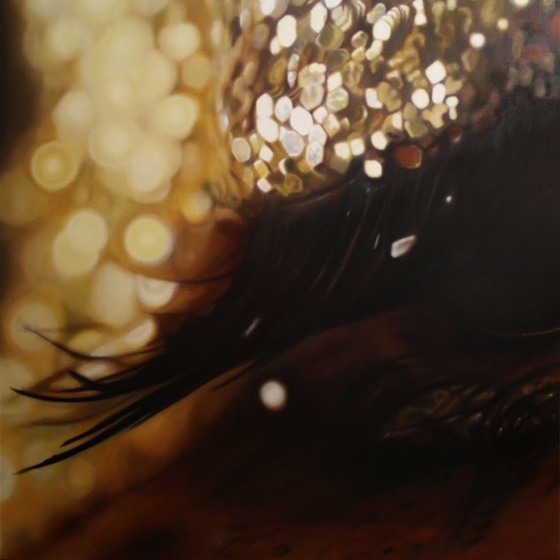Memory Tapes’ debut album Seek Magic was a collection of songs that took elements of several kinds of pop and blended them together into unique and often life-affirming moments of pure bliss. The album’s follow up Player Piano still had some of these moments, but they were sprinkled between a number of songs that aimed at the same intangible quality but instead fell flat. Dayve Hawk returns with Grace/Confusion, an album of six tracks, all of which you wouldn’t necessarily call focused (this works in the album’s favour), but certainly get their point across emphatically and idiosyncratically, and moreover do so in a way that was too often lacking on Player Piano.
There is no such “flatness” anywhere on Grace/Confusion, and this is emphasized in the album’s opening track “Neighborhood Watch” when the relative serenity (it starts off with the sound of distant birds and continues in a dreamy, floating-down-river vibe) is completely upended by a monolithic surge of guitars and synths that jumps out of the track so powerfully that it almost feels physical. It’s the first indication of the scale of sound that Hawk is trying to create on the album, and it’s by no means the last. At a base level, Memory Tapes’ music is made to dance to, but rarely is there a steady beat to anchor a song or any kind of repetitive motif that you can latch on to and work your body around. Grace/Confusion’s songs are of the kind that shift gears and directions drastically from one moment to the next – but Hawk has it all under control and never does it feel jarring or misjudged. The way that the tracks move rapidly and unfalteringly through their different sections means that often you forget that you’re listening to 5+ minute long tracks; instead it feels like taking a smooth ride through a slick showroom of sounds of pop music from the not so distant future.
Memory Tapes’ music is the kind more likely to be danced to in large, choreographed groups; sometimes moving in unison like the powerful sonic gut punch towards the end of the 8-and-a-half minute “Sheila,” or otherwise each subtly doing their own work as in the detailed and glacial “Let Me Be.” The scale of what Memory Tapes is going for aurally and visually was perfectly summed up in the video for Player Piano’s best track (and the one sounding most similar to this album) “Today Is Our Life,” in which various clips of large groups of people dancing in mesmerizing circles are intercut with shapes making similarly hypnotic patterns. Switch out that video’s monochrome appearance with one of vibrant, swiriling colours switching shape and direction with fluid ease and you have a good visual representation of the sound of Grace/Confusion. In fact, Grace/Confusion’s cover image of a closed eye seems like a suggestion to the listener to lie back and get lost in the sound and colour of the songs, and see what kinds of shapes and patterns are conjured behind your eyelids in conjunction with the various textures and sounds in your ears. Ultimately, Grace/Confusion is a production best staged in the theatre of your mind.

